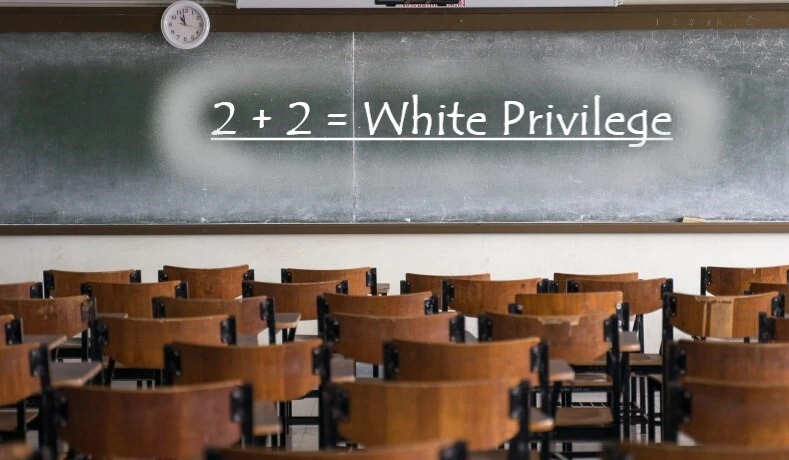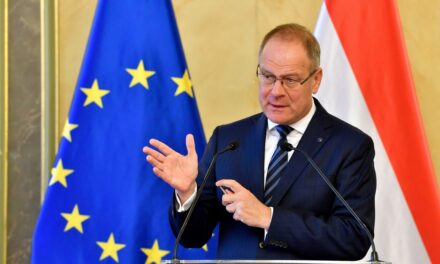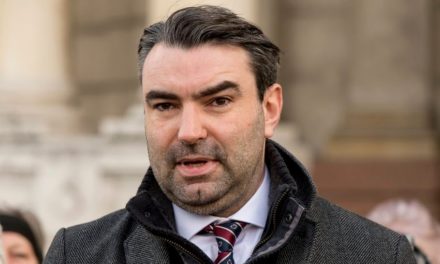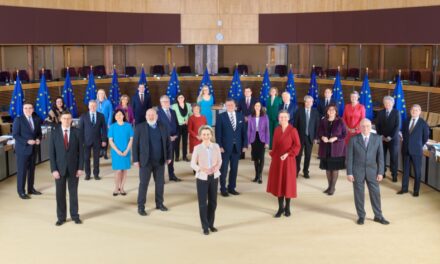Can mathematics be decolonized? Obviously not, but there is a need for it, according to the latest Western trend. Naturally.
Mathematicians at British universities are being urged to 'decolonise' the curriculum. In the autumn, the Quality Assurance Agency for Higher Education (QAA), an "independent, charitable" organization that examines university courses, launched a consultation calling on universities to teach a "decolonised view" of mathematics. writes John Armstrong, a finance and mathematics student at King's College London, in the Spectator.
It is a fact that colonization has nothing to do with the science of mathematics, for example, the Mayan civilization became proficient in it long before Christopher Columbus set foot on the continent.
So where does the idea come from?
According to the academic theory of decolonization, in addition to tangible colonization of the world, Europeans dominated the world by popularizing the "European paradigm of rational knowledge." The irony is that this statement itself seems racist. Rational knowledge has no European character whatsoever.
It may come as a shock to some, but mathematics has always been international.
For example, the numbers used today (0123456789) were first written in India, following Chinese mathematics, then popularized by Persian and Arab mathematicians, and finally reached Europe with the Moors' conquest of southern Spain. It is true that the Moorish conquest of Spain was also a form of colonization, but it is obviously not the type of colonization that is of interest today.
However, proponents of decolonization do not think they are racist.
No, because, strange as it may seem, they do not believe that rational knowledge is superior to other kinds of knowledge,
thus, according to their worldview, it is not offensive to suggest that non-Europeans prefer "different ways of knowing" to rationality and science.
The QAA themselves don't explain what decolonization means, presumably because they think it's just a buzzword that means anti-racist, but they don't understand the real meaning and philosophical package. This is written:
"Students need to be aware of problematic issues related to the development of the taught [mathematical] content, such as the fact that some pioneers in statistics supported eugenics, or that some mathematicians were associated with the slave trade, racism, or Nazism."
However, they do not ask that education focus on other aspects of the history of mathematics. For example, what about German mathematician Emmy Noether, who was persecuted by the Nazis, or Alan Turing's role in defeating the Nazis?
QAA's guidance leads to a distorted perspective of history, seen entirely through the lens of decolonization. Although knowledge of the history of mathematics is not essential for a degree, if we teach it, it must be taught properly. For example, showing students how to think like historians and how to criticize theories like decolonization rather than accepting them as fact.
Mathematics should deal with real issues of race. Okay. For example, there aren't as many black math teachers as there should be.
But I haven't seen a shred of evidence that it's because we don't talk about Nazi mathematicians often enough.
Embedding decolonization in mathematics is the most objectionable element of the new proposals. The reference document defining the mathematics curriculum prepared by the QAA – a kind of central directive on what should be taught – has doubled in size over the past three years, and not because of a radical change in the nature of mathematics.
According to the new directive, the teaching of diversity, sustainable education and entrepreneurship must be introduced in all university courses. QAA thus homogenizes university education and reduces the diversity of thought.
This top-down approach is antithetical to the science-based approach that should characterize higher education. We have brilliant researchers who are passionate about teaching students and passionate about their subject. It is a missed opportunity to have brilliant mathematicians teaching racial politics, a subject far outside their field of expertise and interest. In practice, the QAA's proposals will result in universities developing equivalent courses in all disciplines, and since they have to address all students, this will inevitably lead to the dumbing down of education.
Some universities already employ centrally planned diversity courses, which, as an additional risk, make them an attractive target for activists. They immediately want to incorporate their views into the curriculum, for example one such diversity course at the University of Kent requires all students to affirm that " biological gender is in fact a diverse, diverse expression and full spectrum of identity".
We are in place.
We can no longer assume that mathematics, science and statistics will be free from activism.
In New Zealand, the chemistry and biology curriculum has been decolonized and now mauri , or life force, to give atomic theory a new spiritual dimension.
And the reason for this is none other than the central dictate that Maori knowledge should be given equal status with other forms of knowledge, including science.
But statistics have also been in the crosshairs of activists. A scholarly review of school statistics textbooks with a "theoretical framework of queer theory and critical mathematics" notes disapprovingly that "pregnancy was frequently used in assignments related to women/women's issues."
And the United Kingdom's Office for National Statistics, yielding to the lobby, has already proposed that respondents in the 2021 census should be able to determine their own gender.
The only solution is to return to the principles of academic freedom and control that have historically defined our understanding of the university.
The curriculum should not be dictated by governments, activists or university leaders, it should always be determined by academics based on their research experience and expertise. The science curriculum should be scientifically oriented, the philosophy curriculum should continue to question the nature of knowledge, and mathematicians should be allowed to teach mathematics free from political interference.
Featured image: NationalReview













